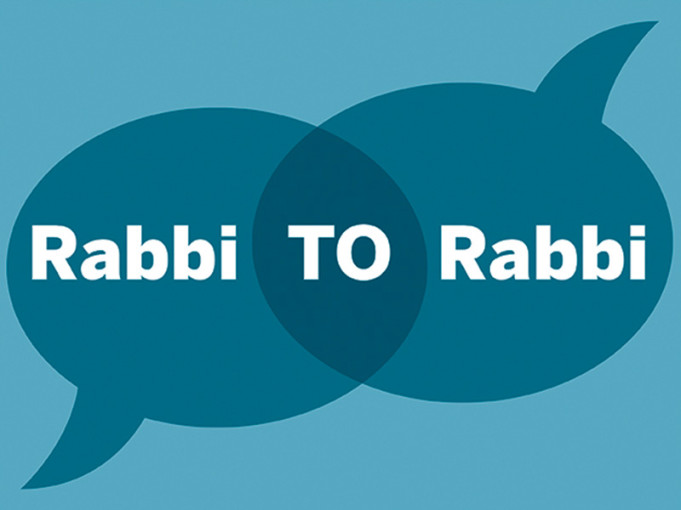Rabbis often feel compelled to address news-making stories, though that can put them in a difficult position, as they try to remain impartial while tackling sensitive political topics.
Rabbi MICHAEL DOLGIN
TEMPLE SINAI CONGREGATION, TOroNTO
Rabbi ADAM CUTLER
BETH TZEDEC Congregation, Toronto
Rabbi Cutler: Following the shootings in Parkland, Fla., I knew I wanted to speak about it in synagogue. Yet, the foremost issue emanating from that brutal attack is gun control in the United States – an issue that, though important, does not directly affect Canadian Jews. Ultimately, I spoke about the shooting by way of addressing the Jewish tendency to look specifically for Jewish victims and thereby, I hope, better relate to the tragedy as a whole.
Rabbis often and reasonably feel a need to address news items during sermons. Congregants expect guidance from our tradition when it comes to navigating hot-button issues and grappling with newsworthy tragedies. But when these issue are political, rabbis must walk a careful path – and when the politics being considered are outside of Canada (or Israel), these sermons are, for me, especially difficult. Should a rabbi talk politics from the bimah when those politics do not directly affect the lives of his or her community?
Rabbi Dolgin: For me, the answer is no. I believe rabbis must find a balance to remain relevant without using the power of the pulpit to judge one political view as more Jewishly authentic than another.
During this past week, I have participated in a number of discussions with colleagues and congregants in Israel, where I am currently on sabbatical, about the place of politics in religious communal life. There is a sense that seeking social justice (tikun olam) is a necessary element in the life and identity of a shul community. At the same time, strong concerns were raised that political action can divide and distract a congregation.
In fact, a colleague here suggested that while political involvement as an expression of our values is authentic, he has not seen it actually help in building community.
Rabbi Cutler: Some American Jewish communities have developed in such a way that their synagogues are functionally divided between those whose congregants vote Republican and those who vote for the Democratic party. I imagine that the evolution of that division involved some strife – but once in place, it may have helped build community. Thankfully, such partisan divide does not exist among Canadian synagogues.
While Judaism isn’t partisan, it is political – it paints a picture of the world that we are meant to create. Silence favours the status quo and, as Jews, we cannot abide an imperfect world. Yes, rabbis must preach about the performance of ritual mitzvot, the improvement of individual character and the remembrance of loved ones, but our words cannot be limited to those fields. In the 19th and 20th centuries, some American rabbis preached in support of emancipation and civil rights. In hindsight, the vast majority of Jews are glad that they did. To paraphrase Hillel, we can’t just be for ourselves.
So while we must not be so narrowly focused that our sermons could be misconstrued as op-eds, rabbis should never forget our role in helping to create a Jewish response to contemporary issues that matter. We must balance between the timely and the timeless.
Rabbi Dolgin: Agreed, but practically speaking, it is often difficult to generate communal agreement – one person’s values are another’s politics. Here is a concrete example from my recent time in Israel:
A grassroots Israeli movement called Stop the Expulsion is opposed to the current government’s attempts to expel African asylum seekers. Some people view its members as left-wing politically, even though the group’s message that we should know the heart of the oppressed is timeless (or is it timely?).
Compare that cause with Women Wage Peace, an Israeli group with representation from all parts of the political spectrum, as well as religious and secular Israelis and Arabs. Its stated goal is to place the search for a political agreement between two peoples at the centre of the national agenda. As I walked by a local IDF enlistment centre and saw teenagers beginning their military journey, I could feel how timely (or is it timeless?) this message is for them, their families and all of us.
Ultimately, I hope discussions of this kind can move us both to choose our public words carefully and to inspire and affect others by engaging in tikun olam.
